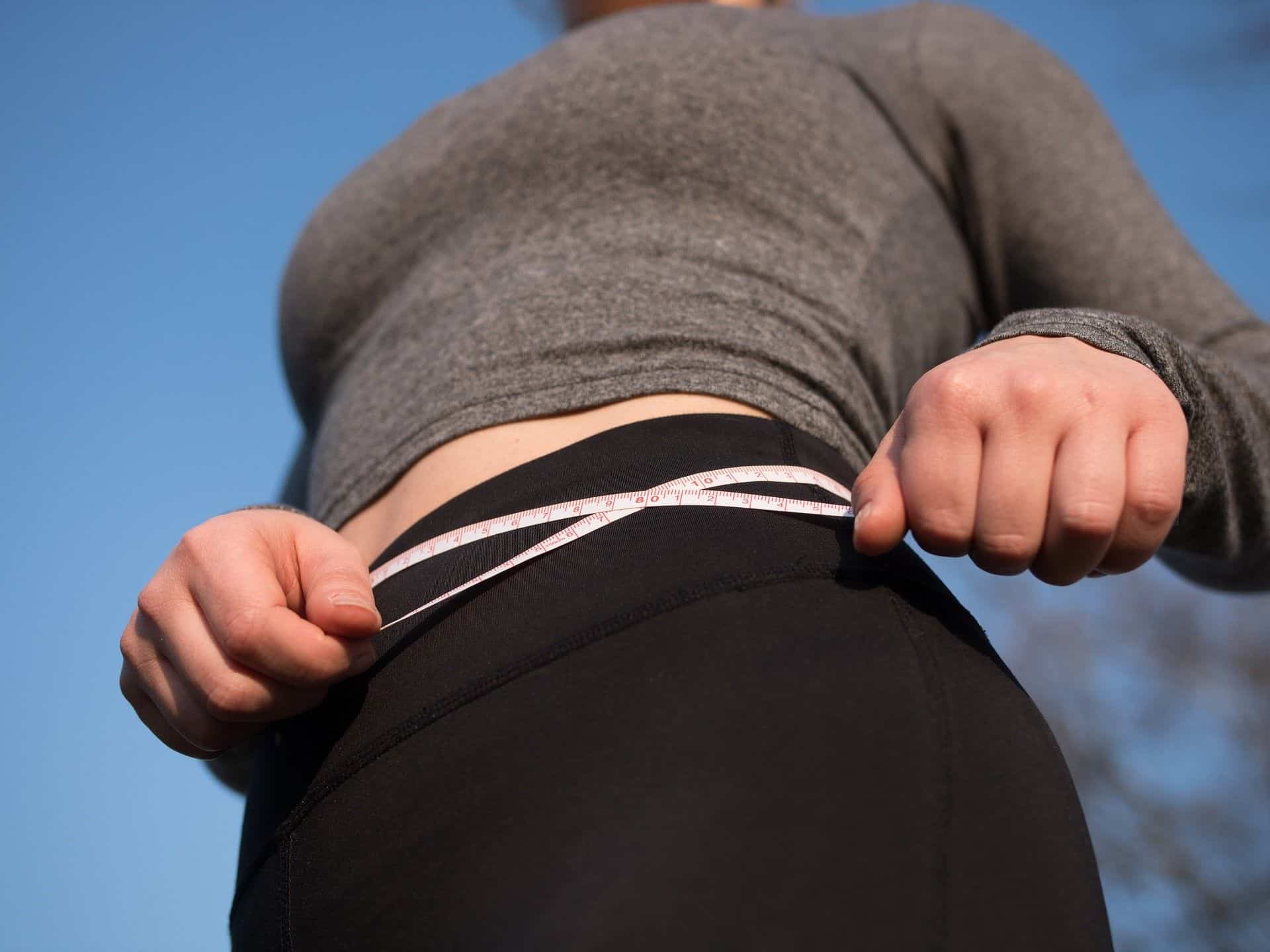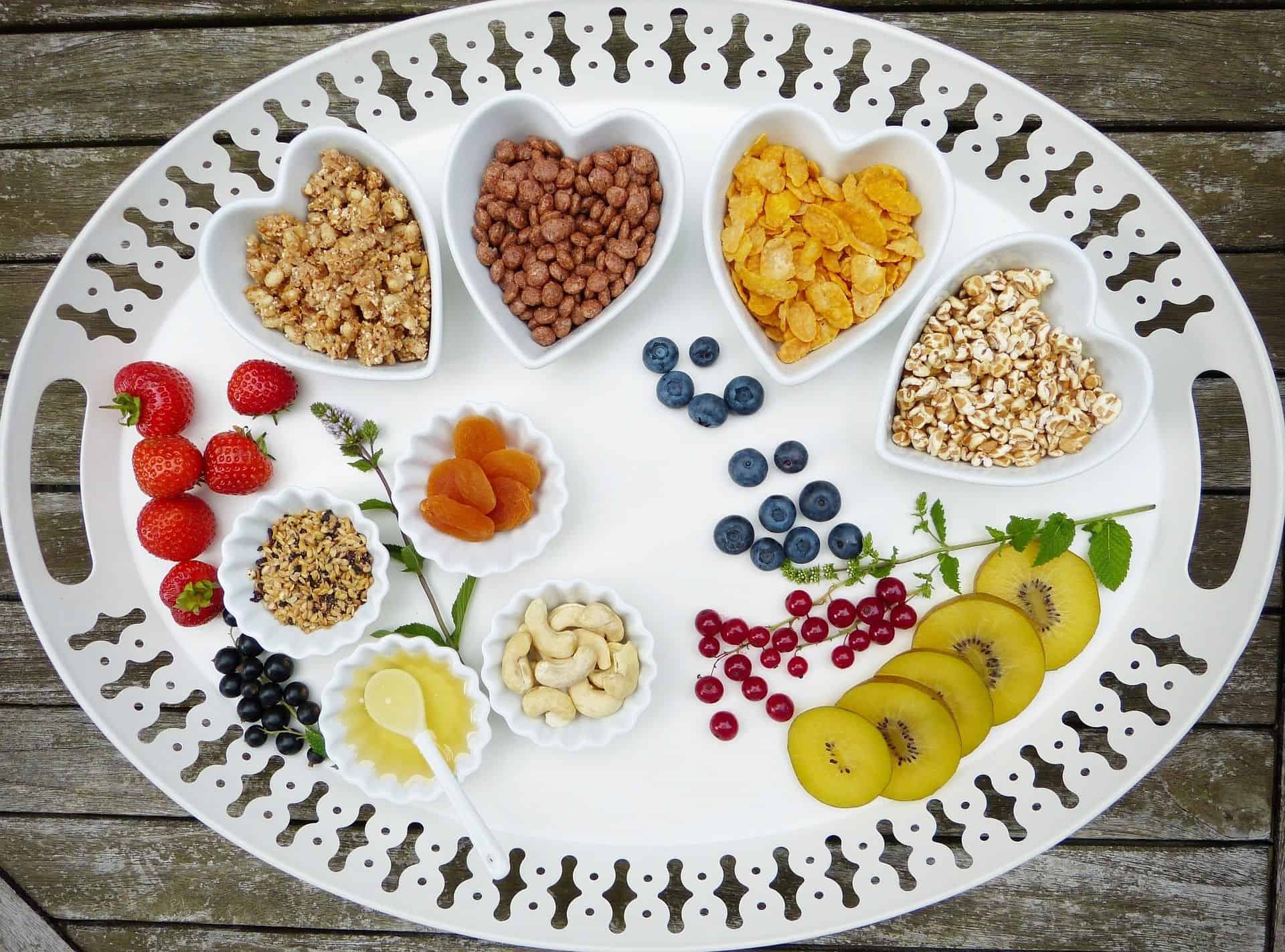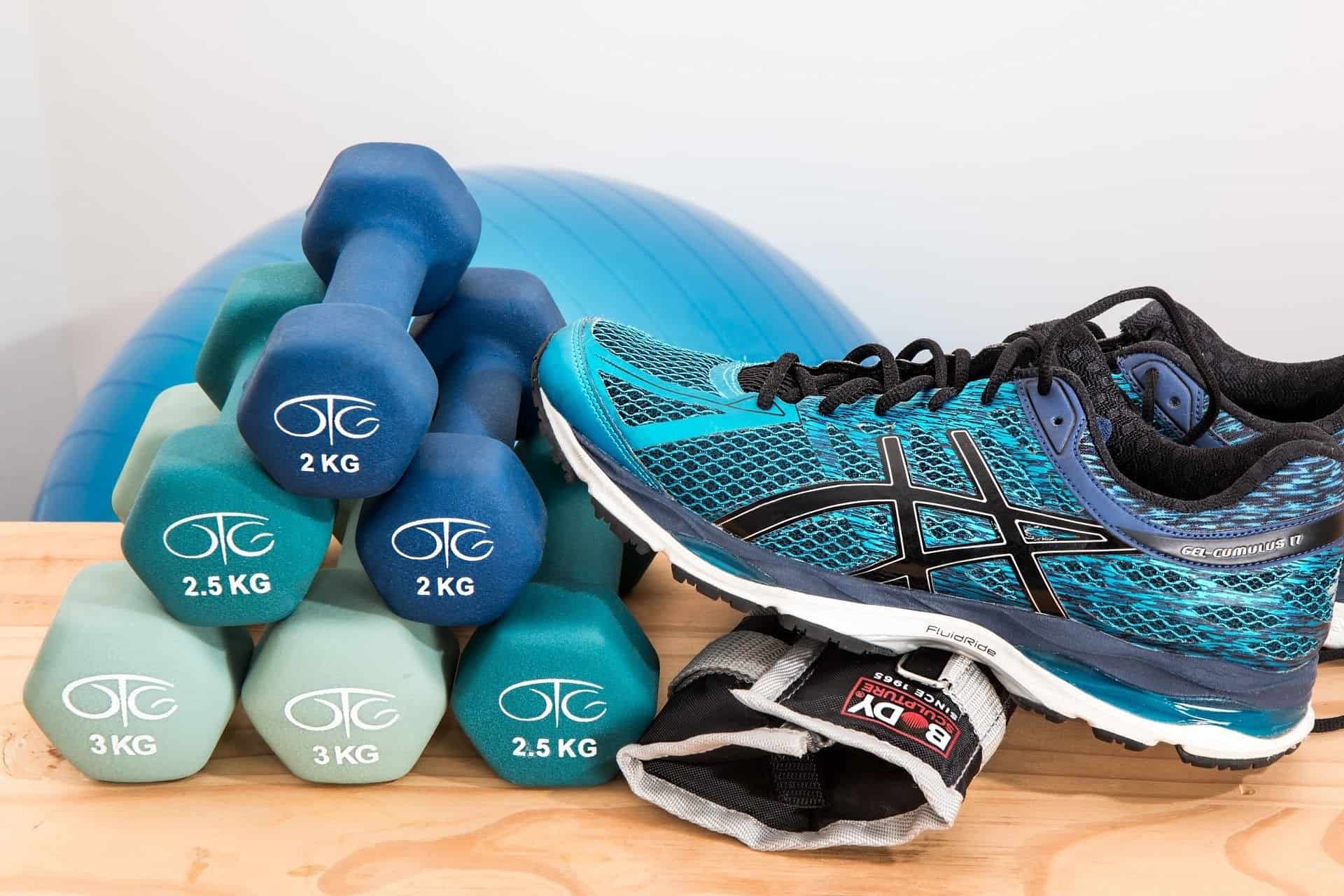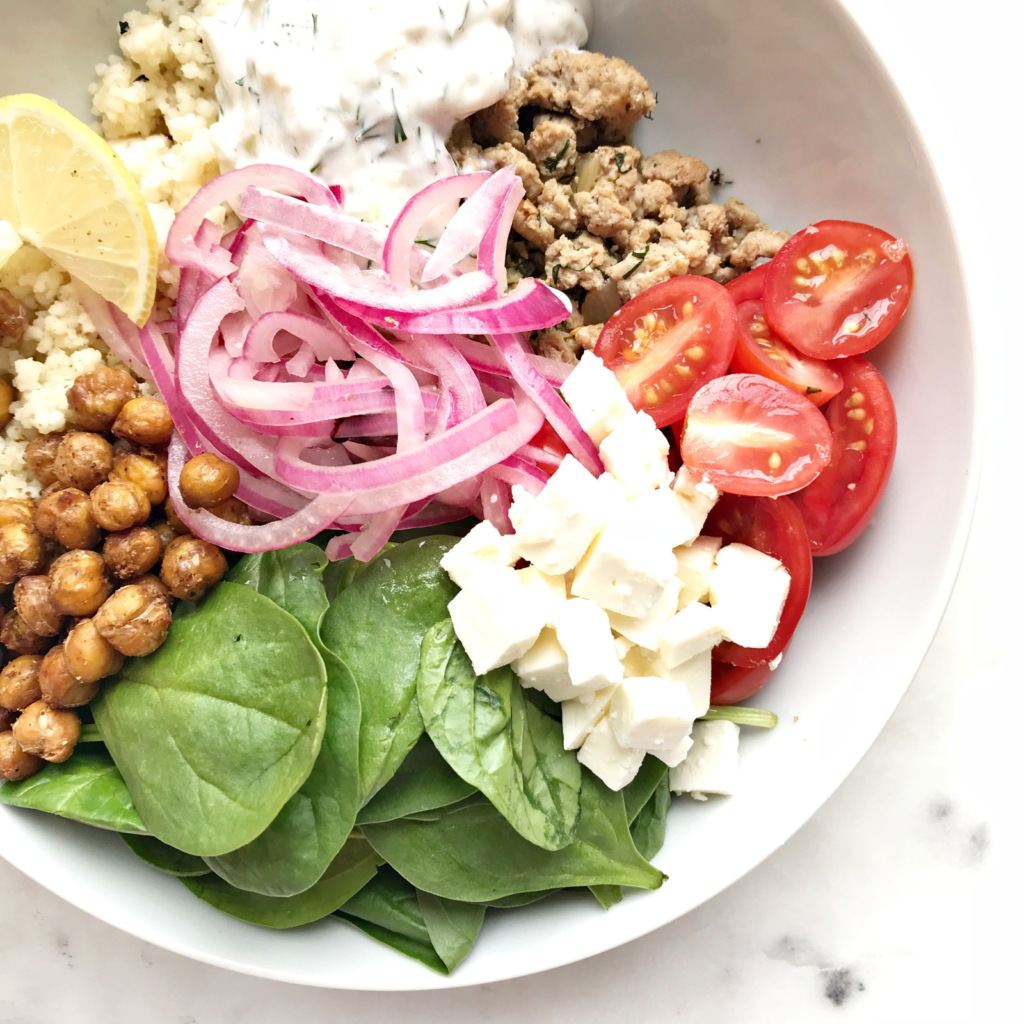

Welcome to Diabetes Prevention Thursdays! Today, let’s talk about diabetic weight-loss tips and tricks to promote remission. Type two diabetes (T2D) is a chronic condition without a cure, and it happens when you become more and more resistant to insulin, which is supposed to regulate your blood glucose levels.
On a positive note, research into the main lifestyle change you need is exploding, proving that weight loss has the strongest evidence to promote remission. Saying it is one thing, but losing weight must be carefully planned.

Weight-Loss Basics
Before jumping into a diet, understand where you’re starting. Your body mass index (BMI), measurements, and current levels of fitness will help you design a better plan.
Calculating and Monitoring BMI
Your BMI places you in a category to indicate how overweight you are and how much weight you need to lose to reach the desired category. The categories for a BMI measurement are:
- 19 and under is underweight
- 19 to 24.9 is the sweet spot
- 25 to 29.9 is overweight
- 30 to 39.9 is obese
- 40 or more is morbidly obese
Medically, the target BMI for any person is the sweet spot. Make use of an online calculator to determine your BMI before you start losing weight, keep track of it for motivation as you progress, and use it to determine how much you should weigh.

Measure Yourself
Sometimes, you won’t see much movement on the scale, but measuring yourself gives you a more accurate result if you do it weekly. Take your initial measurements, write them in a diary, and keep measuring yourself weekly.
Determine Your Fitness
Your level of fitness determines how much exercise you can implement while you’re on a low-calorie diet. Keep in mind that you need to balance the energy you spend with the energy you consume to achieve healthy weight loss.
The best way to determine whether you can implement strength or endurance training in your condition is to speak to your doctor. Your doctor may advise you to start with cardiovascular exercises before moving to the big fat burners.
The Low-Calorie Diet
Losing weight when you have diabetes can be achieved with the low-calorie option. The goal is to burn more calories than you consume daily, and that’s why you need to know how fit you are.
Anything 1,200 calories or lower per day will require medical supervision. A low-calorie diet means you must avoid salt, refined carbohydrates, and trans fatty acids. These are the foods you aren’t allowed to eat.
Instead, you’ll be eating a lot of complex carbohydrates, lean proteins, and healthy fats, some of which are diabetic superfoods. Complex carbohydrates are balanced throughout the day with a low-calorie diet.

You’ll have between 30 and 45 grams of carbohydrates with main meals and only 15 grams of carbs with snacks. The best way to ensure your correct carb and calorie intake is to make a seven-day meal plan every week.
Buy a kitchen scale to stick to your measured portions daily, and use an online calorie calculator to find out the number of calories in each food type and portion size.
You can also use another online calculator to determine how many calories you should be eating daily. Always remember to discuss your calorie intake with a medical professional first.
The best ingredients on a low-calorie diet include broccoli, salmon, raw nuts, beans, cinnamon, organic oatmeal, dairy, quinoa, olive oil, and spinach. Be sure to add a few low-calorie ingredients to special soup sand shakes, and drink plenty of water.
Burn Fat With Exercise
The power of movement has many benefits for diabetics, but exercise is also a guaranteed method of losing weight. You’ll have to kick it up a notch if you want to burn calories and fat.

To lose weight, you need to exercise moderately for 30 minutes a day, five times per week. You can also divide this time throughout the day, such as exercising for three 10-minute sessions daily.
Cardio Options
Cardiovascular workouts can help you lose weight as long as they’re more than a slow walk in the park. They include:
- Cycling
- Running
- Swimming
- Brisk walking
- Jogging
- Aerobics
- Spinning
- Elliptical Training
- Kickboxing
Strength Training
A study by Wake Forest University confirmed that weight training is better than cardio workouts if you intend to lose weight. This might include:
- Lifting weights
- Push-ups
- Squats
- Kettlebell squats
- Rowing
- Bench presses
- Pull-ups
- Dumbbells
- Stair climbing
- Sprawls
- Resistance band training

Whatever exercise routine you choose, make sure you discuss it with your doctor first.
A Weight-Loss Secret
Losing weight is hard, so consider doing it with a friend. Social factors play a role in diabetes management, so enlist a weight-loss buddy to guarantee success.
Food For Thought
Eating fewer calories and becoming active indeed gives you a chance of pushing your T2D into remission where it belongs. Lowering your BMI brings immense benefits, which you’ll notice in more than your blood glucose levels.
If you would like to receive a free resource sheet to help you take control of diabetes, click the button below to receive your gift.
I wanted to talk about this topic because it is absolutely possible to prevent and even reverse Type 2 Diabetes (but you cannot reverse Type 1). Yes, it’s possible! and emerging studies looking at lifestyle medicine and prevention support this! But I always tell my patients that you must be dedicated and diligent in adopting a healthy lifestyle to get the best results. You can create certain behaviors and practices that will not only enrich your life, but that you can pass on to your family, friends, and community, to help break the cycle of this chronic disease so that you can leave a legacy of health to your loved ones.
I use functional medicine and lifestyle medicine as the first line of treatment, before medications, to treat lifestyle-related chronic diseases. Lifestyle-related chronic diseases include diabetes, hypertension, obesity, and some cancers, just to name a few. Lifestyle practices, such as eating a low glycemic, whole-food plant-based diet and regular physical activity, can help you improve your blood sugar levels, maybe reverse type 2 diabetes. In certain cases, these approaches may even outperform pharmaceutical therapy.
But I always tell my patients that conventional medications may be appropriate at this time to prevent catastrophic illness, but over time, you can work to make the necessary lifestyle changes to possibly reduce and/or eliminate medications. Please remember to always consult your physician for your particular needs and circumstances prior to making any decisions whatsoever.
Is Dietary Supplementation Right For You?
When it comes to managing your blood sugars (in general), pre-diabetes, and diabetes, there are many things that you can do to help control your blood sugar levels. One important aspect is diet. What you eat affects your blood sugar, so it’s important to be mindful of what goes into your body.
But it is very important to note that we are not eating the same foods we ate years ago because the soils have been depleted of critical nutrients through current industrial farming practices. And because the soil is not as good as it used to be, the food supply (grown from the depleted soil) is not as good as it used to be. For example, you are not getting the same levels of chromium and magnesium as you would have gotten 30 or even 50 years ago.
Second, much of the food has been processed and genetically altered, which can impact the inherent and unique nutritional composition that each food possess. For example, ancient einkorn wheat has less gluten, more protein, more Vitamin A, and more beta carotene, than modern genetically modified wheat.
Third, the toxic load in the environment today is much higher than 100 years ago. We can see this with global warming, toxic landfills, polluted oceans and waterways, etc. Toxicity levels interfere with nutrient assimilation and absorption not just into the foods, but into our bodies as well. We often see elevated blood sugar levels with poor nutrition and toxicity.
In addition to diet, there are dietary supplements that can have an impact on blood sugar levels. Dietary supplements for diabetes are becoming increasingly popular as people look for ways to improve their blood sugar control.
For some people, vitamin and mineral supplements offer important health benefits. Supplements are designed to fight deficiencies found in our diet and complement the food we eat regularly. Supplements are basically “helping hands” to our daily food.
If you suspect that you aren’t getting the nutrients you need, consider shifting your focus from supplements to eating better.
And if you are unable to eat better, the supplements in my Blood Sugar Support Bundle may provide the extra boost you need.
These are my favorite Diabetes Prevention Supplements to use! This Blood Sugar Support Bundle will ensure you have the intake of the important vitamins, minerals, and probiotics to decrease inflammation and boost your innate wellness day and night. Taken together, it’s a solid plan for increasing your body’s natural resiliency while encouraging healthy blood sugar levels.
For best results make sure you use these supplements with dietary changes including a whole food plant-based diet, regular exercise (at least 2-3x per week), regular sleep (8 hours per night), and intermittent fasting (at least 1-3x per week).
It’s important to note that supplements are NOT a replacement for your regular medication regimen prescribed by your doctor. However, they can be used in addition to help manage your blood sugar levels.
Supplements have the potential to interact with diabetes medications, so it’s important to speak with a healthcare provider before starting any new supplement regimen. Have you tried any dietary supplements for your diabetes? Share your experience in the comments below!
Tools For Diabetes Prevention and Monitoring
Blood Sugar Monitoring
As you know, I always stress the importance of taking control of your health. Monitoring your blood sugar levels is one of the best ways to do this. To do this, a single drop of blood is collected with disposable lancets and placed on a disposable test strip, which you insert into a home blood-sugar monitoring device, called a glucometer.
The common times for checking your blood sugar are when you first wake up (fasting), before a meal, 2 hours after a meal, and at bedtime; however, you should check your blood sugar as many times a day as your health care team suggests.
Monitoring your blood sugar level provides you and your doctors with important knowledge about how food, activity, medication, stress, and other elements might affect your blood sugar levels. This data will assist you and your doctor in developing a therapy plan that is suited to your demands.
There are several types of blood glucose meters, lancets, and test strips to choose from. I often recommend this glucometer, lancets, and test strips.
Weight Monitoring
Since weight management is very important in combatting chronic diseases such as diabetes, I recommend that you be mindful of your weight and its fluctuations, and that you monitor your weight AT LEAST on a weekly basis. I recommend a scale that includes a body composition monitor (*this scale cannot be used with a pacemaker or other implanted devices).
Physical Activity
Physical activity (or exercise) can improve your health and reduce the risk of developing several chronic diseases like high blood pressure, type 2 diabetes, and cancer, just to name a few. Physical activity actually improves insulin sensitivity. Physical activity can improve your mood, boost your immune system, and even help you maintain a healthy weight.
I often recommend yoga and resistance training for physical activity, but as you are aware, there are plenty of forms of “movement” that you can do! But for the basics, especially if you’re just getting started, yoga and resistance training are where I would start.
Yoga
Yoga can be a great way to improve your strength and flexibility, manage your stress, improve your heart health, and lose weight! I recommend using this yoga mat to get started with your yoga practice today!
Resistance Training
Resistance training is the mainstay for overall health. It not only has beneficial effects on reducing body fat, it also increases muscle size and strength. Here are some basic resistance bands that I recommend to everyone. They are great for physical therapy, yoga, strength training, and excellent for traveling.
Food!
Remember, living a healthy lifestyle including eating a whole foods plant-based diet and regular physical activity are the best ways to prevent diabetes.
The Diabetes Meal Plan is geared towards those people with diabetes or prediabetes. The foods are moderately low in carbs, low glycemic, fiber rich, and contain a balance of nutrients to help prevent blood sugar spikes and dips. Foods are also included that may help to lower blood sugar.
Please talk with your doctor about any complementary health approaches, including supplements, you use.
Dr. Nicolle Martin
Some of the links in this article are "affiliate links", a link with a special tracking code. This means if you click on an affiliate link and purchase the item, we will receive an affiliate commission.
The price of the item is the same whether it is an affiliate link or not. Regardless, we only recommend products or services we believe will add value to our readers.
By using the affiliate links, you are helping support our Website, and we genuinely appreciate your support.
Last updated on January 28th, 2022 at 06:58 am

Minimize Medications. Maximize Health.
Are you super busy but need to take control of your health? Are you tired of being tired? Subscribe to my “Minimize Medications, Maximize Health Blog” and I’ll give you 7 Tips to Get Healthy in No Time absolutely FREE.







